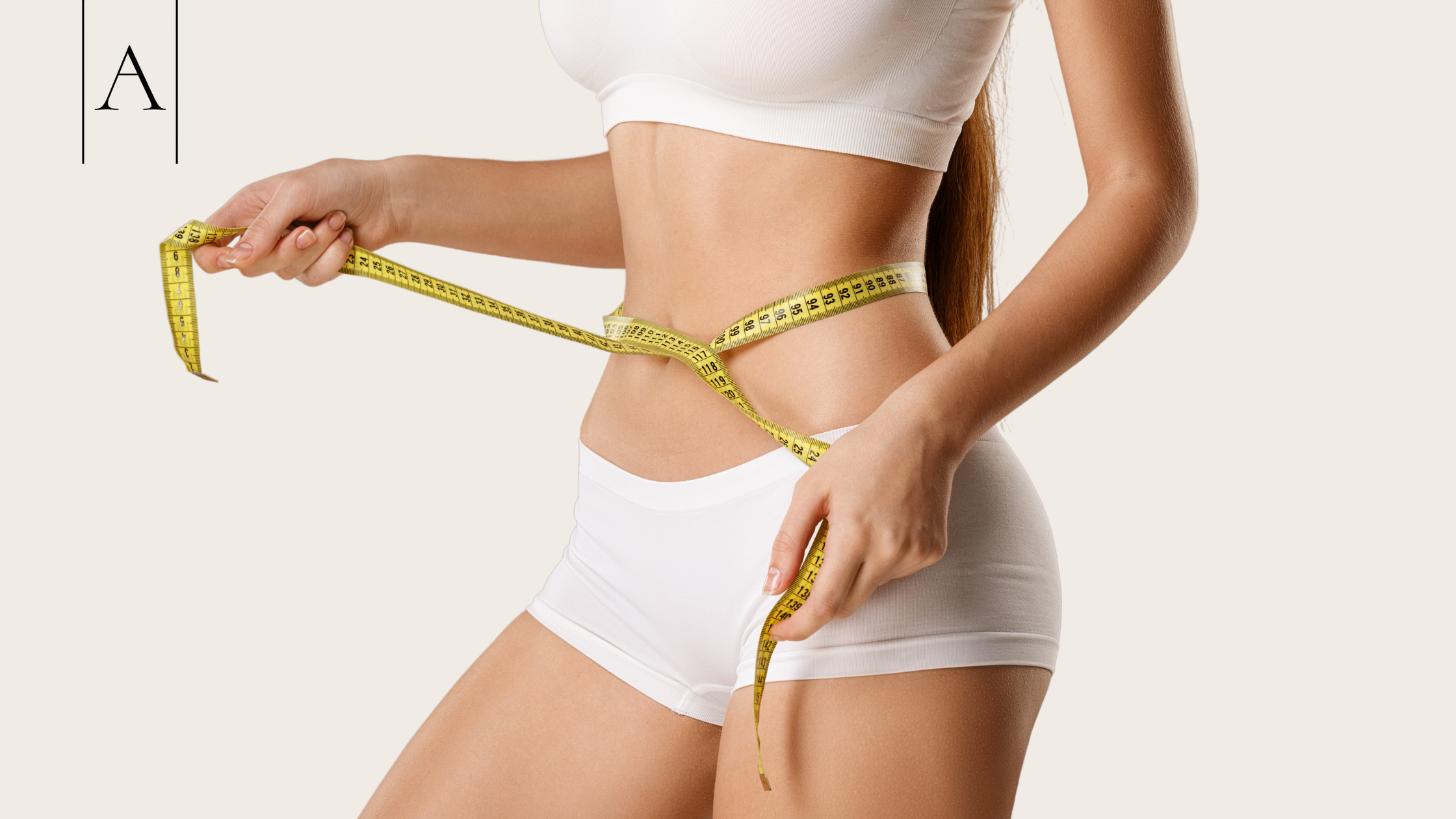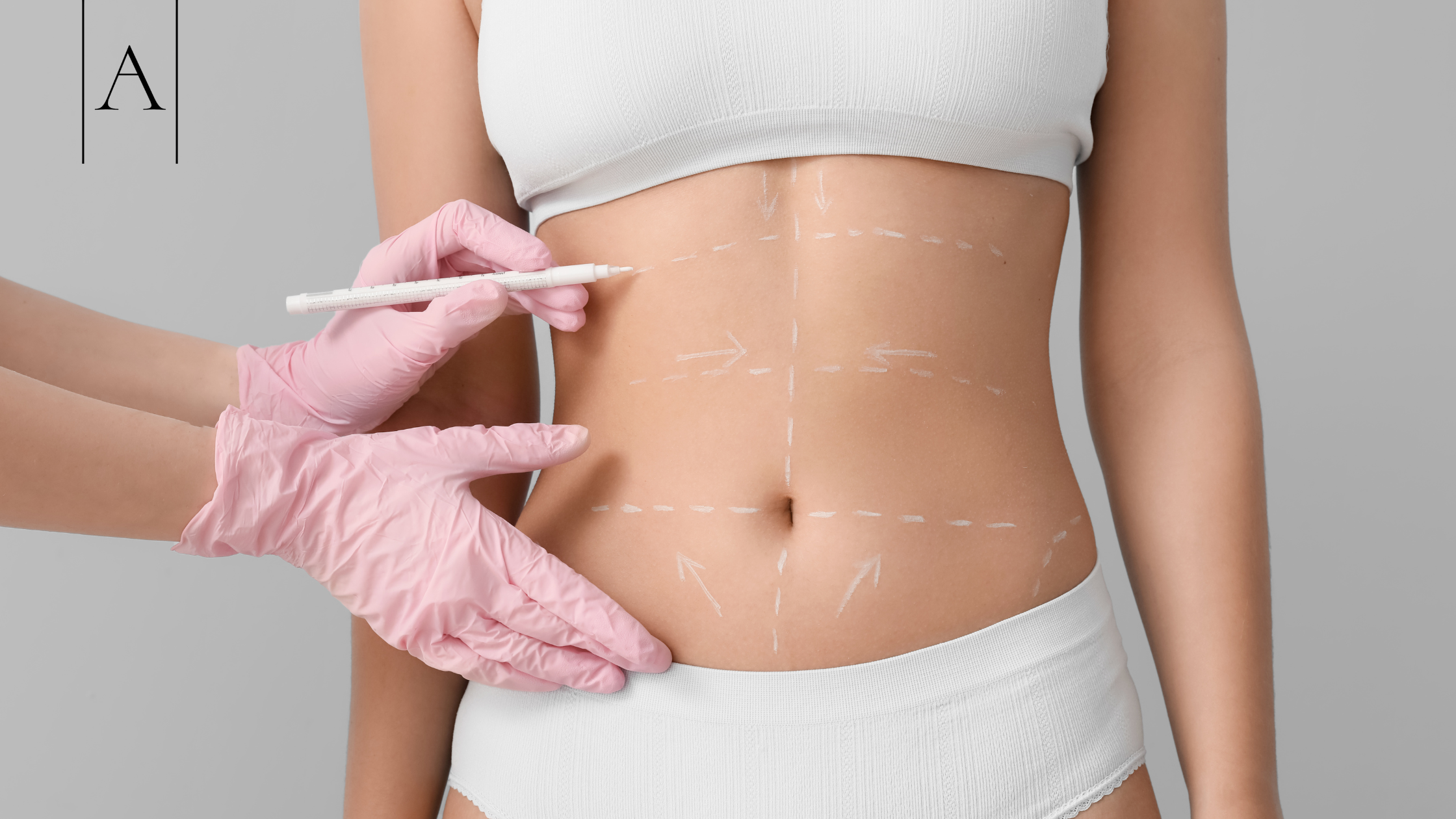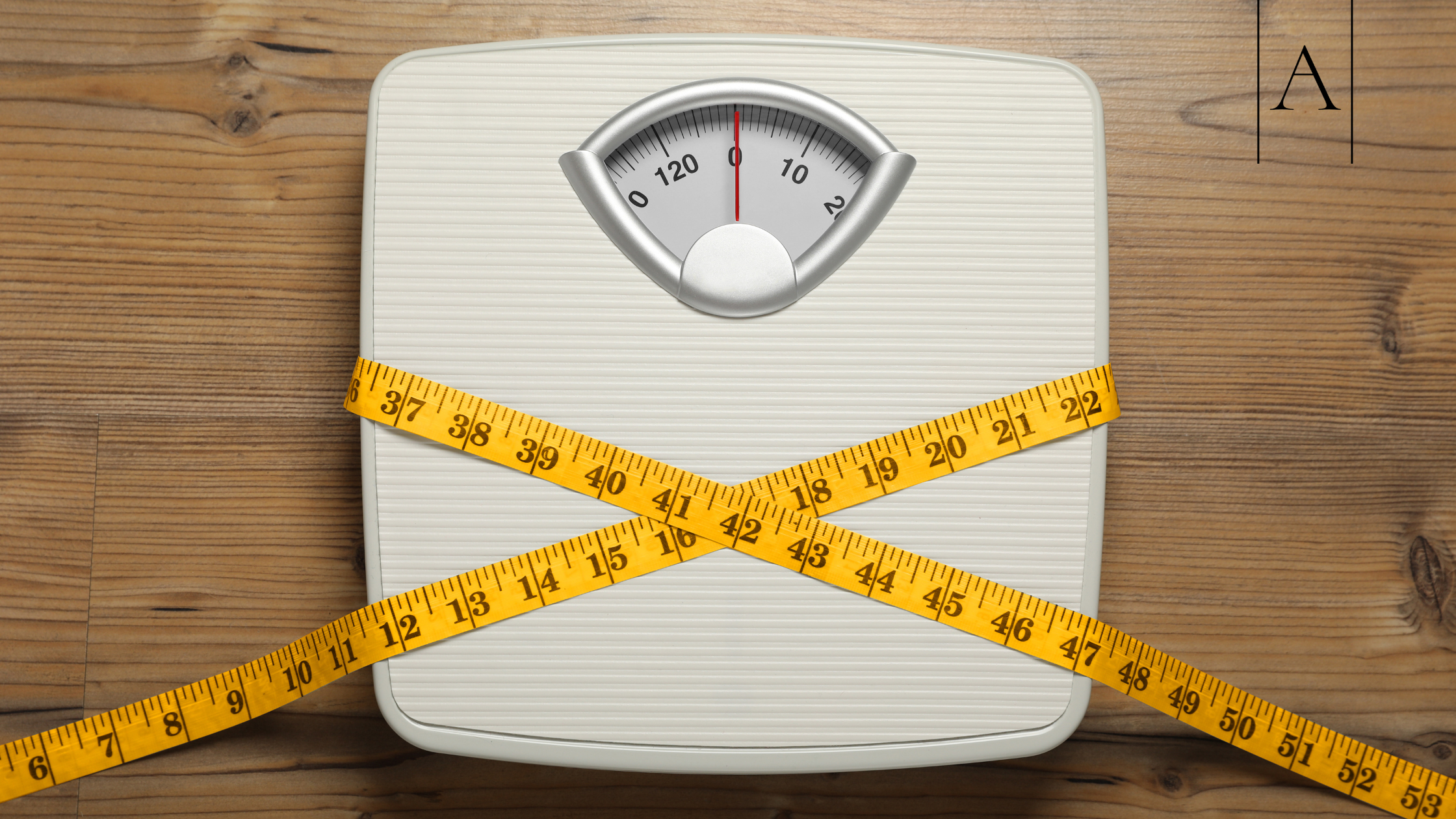
When considering liposuction, understanding your Body Mass Index (BMI) is essential. Your BMI not only helps determine if you’re a good candidate but also influences the safety and effectiveness of the procedure. Whether your BMI is too high or too low, it can significantly impact surgical outcomes and the likelihood of complications. For example, individuals with a BMI over 30 face a 3.5 times higher risk of postsurgical issues, with nearly 20% experiencing localised complications.
By understanding how BMI affects your candidacy, you can make informed decisions about your cosmetic and health goals.
What is BMI, and Why Does it Matter?

Defining BMI
Body Mass Index (BMI) is a simple calculation dividing your weight in kilograms by the square of your height in metres. For example, if you weigh 70kg and are 1.75m tall, your BMI is 22.9. This measure is commonly used by healthcare professionals to assess body fat levels and potential health risks like diabetes or heart disease.
However, BMI isn’t perfect—it doesn’t distinguish between fat and muscle. For instance, athletes with high muscle mass might have a higher BMI but low body fat.
BMI and Liposuction Candidacy
BMI categorises individuals into ranges such as underweight, normal weight, overweight, or obese. These categories guide surgeons in evaluating if you have enough subcutaneous fat for liposuction while flagging concerns about visceral fat (located around internal organs), which cannot be removed surgically.
How BMI Impacts Liposuction Outcomes

Low BMI Risks
-
Insufficient Fat for Contouring: With limited fat to remove, achieving noticeable results becomes challenging.
-
Uneven Results: Minimal fat removal can create irregular body contours, requiring additional procedures for correction.
High BMI Risks
-
Increased Complications: A BMI of 30 or higher raises the risk of infections, delayed healing, and blood clots. Larger fat removal volumes and longer surgeries further amplify these risks.
-
Challenges Achieving Aesthetic Goals: Excess visceral fat and poor skin elasticity may lead to uneven contours and dissatisfaction with results.
The Ideal BMI Range

A BMI below 30 is typically considered safe for liposuction. Patients with a BMI of 18.5–24.9 often experience the best outcomes, as they tend to have healthier body fat distribution and good skin elasticity.
Steps to Take If Your BMI Isn’t Ideal

Weight Management for Better Candidacy
Achieving a healthy BMI through balanced nutrition and regular exercise improves your overall health and ensures safer surgery.
-
Diet Tips: Focus on whole, nutrient-dense foods like fruits, vegetables, lean proteins, and whole grains. Avoid processed foods and sugary drinks.
-
Exercise Goals: Aim for at least 150 minutes of moderate activity weekly. Include strength training to build muscle, which supports metabolism and fat loss.
Why Consulting a Surgeon is Essential

An experienced surgeon assesses more than just your BMI—they’ll evaluate factors like fat distribution, skin elasticity, and overall health to create a personalised treatment plan. For those outside the ideal BMI range, your surgeon might recommend weight loss, non-surgical options, or other interventions before proceeding with liposuction.
Key Takeaways
-
High BMI increases risks, such as poor healing and infection; weight loss may be necessary beforehand.
-
Low BMI may lead to insufficient fat for removal, potentially causing uneven results.
-
Maintaining a healthy BMI promotes a smoother surgery and faster recovery.
-
A BMI under 30 is generally considered safe for liposuction.
While BMI is a key factor in liposuction eligibility, it’s only one part of the equation. By working with a qualified surgeon and focusing on your health, you can safely achieve your aesthetic goals. Whether your BMI is high or low, take the first step by consulting a specialist to understand your options and create a plan tailored to your needs.
Ready to Begin Your Journey?

If you’re considering liposuction, remember that BMI is just one factor among many. The best way to find out if you’re a good candidate is to book a consultation. With Asthetica, you’ll have access to expert advice, professional care, and a recovery environment that allows you to relax and focus on your transformation.
If you want to know more, please get in touch either by whatsapp + 61 401 087 886, send us an email hello@asthetica.com or book a free 20-minute discovery call.